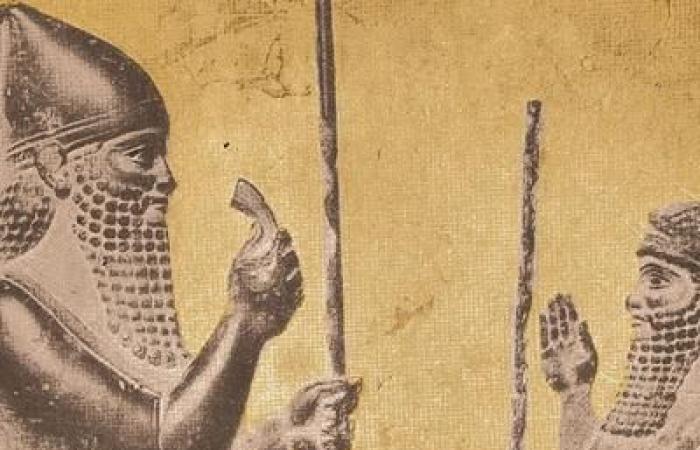Every 1is January, millions of people set a goal to exercise more, spend less, or be more kind—a ritual that seems profoundly modern but whose roots are surprisingly ancient. The tradition of New Year’s resolutions dates back nearly 4,000 years, to civilizations that made the new year a time of renewal and reflection. “The desire to make a new start is a human impulse,” says Candida Moss, professor at the University of Birmingham and specialist in ancient history and early Christianity.
From the vows made by Babylonian kings to the promises we make to ourselves today, the practice has evolved, but its essence remains surprisingly familiar: welcoming a new year with the hope of becoming better.
The Babylonians were among the first civilizations to celebrate the start of a new year, marking the occasion with festivals and rituals. “There are many written records of New Year celebrations in ancient Babylon, Syria and other parts of Mesopotamia,” says Eckart Frahm, professor of Near Eastern languages and civilizations at the University of Yale.
These festivals, often linked to the spring equinox, were centered on expressing gratitude to the gods for a bountiful harvest, Eckart Frahm points out, not on making resolutions. Respecting these vows was not trivial: by fulfilling them, one assured oneself divine favors for the year to come. By breaking them, one exposed oneself to the wrath of the gods.
However, at the end of the first millennium BCE, a Babylonian king publicly vowed to become a better ruler. This act, sometimes called a “negative confession,” was not just a personal reflection, but a public declaration of responsibility. Scholars debate whether this event actually happened or whether the story was influenced by dissension within the priestly class. Regardless, this tradition laid the foundation for what we today call New Year’s resolutions.
If the Babylonians had the idea, the Romans dedicated the 1is January as the start of the new year. Like the Babylonians, they celebrated the event with festivals and rituals, but the Romans also incorporated practical elements of renewal, including the principle of “spring cleaning” and vows of renewal. “These traditions were about starting the year off right: cleaning houses, stocking the pantry, paying off debts, and returning borrowed items,” says Candida Moss.
Centuries later, the Puritans preferred introspection to revelry. “There was a desire to avoid debauchery and reflect on past and future years. This period marked the emergence of resolutions in the modern sense of the term,” notes Candida Moss.






